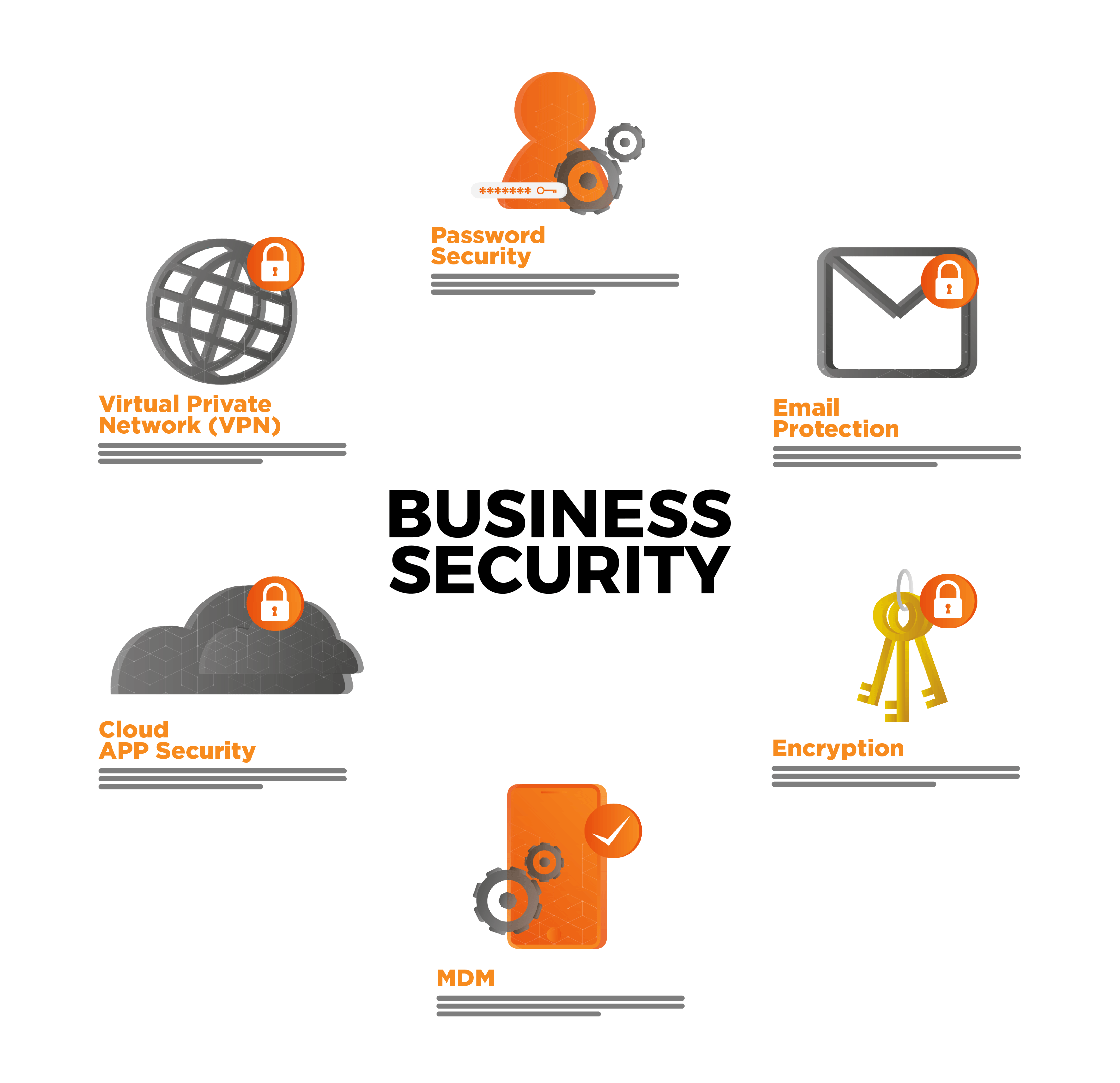It's vital for all businesses, especially SMEs, to recognise the potential danger of cyber threats and take the necessary measures to safeguard their digital activities.
It’s often small to medium businesses that are unable to recover after a security breach, which is why we've created this eBook to help you understand the different threats and find out how you can protect your business against them.
The AZTech cybersecurity ebook will cover:
• How to spot phishing emails
• The different types of ransomware
• Malware explained
• How to protect your mobile from security threats
• Advanced Persistent Threats
• 4 Steps to Protect your Organisation




